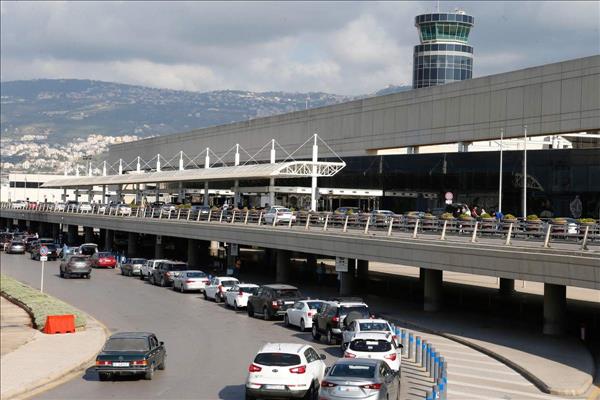
IMF urges Lebanon to make 'immediate, substantial' fiscal reforms
An IMF statement released overnight said IMF executive directors agreed with the thrust of a staff appraisal which in February urged Lebanon to immediately anchor its fiscal policy in a consolidation plan that stabilises debt as a share of GDP and then puts it on a clear downward path.
Lebanon's debt-to-GDP ratio is the third-largest in the world."Directors stressed that an immediate and substantial fiscal adjustment is essential to improve debt sustainability, which will require strong and sustained political commitment," the IMF executive board statement said. It reiterated estimates of low economic growth of one to 1.5 per cent in 2017 and 2018. "The traditional drivers of growth in Lebanon are subdued with real estate and construction weak and a strong rebound is unlikely soon," it said.
"Going forward, under current policies growth is projected to gradually increase towards three per cent over the medium term."Lebanon's economy has been hit hard recently. Annual growth rates have fallen to between one and two per cent, from between eight and 10 per cent in recent years before that.
Caretaker Prime Minister Saad Al Hariri has been designated to form a new government following parliamentary elections last month, Lebanon's first since 2009, and has stressed the need for the state to see through long-delayed economic reforms. Donor states and institutions are looking to Lebanon to form a government quickly and implement the reforms in order to release billions of dollars worth of financing pledged at a conference in Paris in April. In Paris, Hariri promised to reduce the budget deficit as a percentage of GDP by five per cent over five years. The directors "noted that a well-defined fiscal strategy, including a combination of revenue and spending measures, amounting to about five percentage points of GDP, is ambitious but necessary" to stabilise public debt and put it on a declining path over the medium term.They recommended increasing VAT rates, restraining public wages and gradually eliminating electricity subsidises. Last year the government spent $1.3 billion subsiding the state power provider - 13 per cent of primary expenditures.
On Friday Moody's rating agency, whose credit rating for Lebanon is B3 stable, said Lebanon had the highest interest-to-revenue ratio of all countries it rates, at 42.9 per cent. "Combined with an average term to maturity of about five years, this underscores the sovereign's very high sensitivity to further interest rate rises," said Moody's analyst Elisa Parisi-Capone in a statement.Moody's was more positive about Lebanon's growth outlook than the IMF and said the economy grew by around 1.9 per cent in 2017 and it foresees 2.5 per cent growth in 2018 and three per cent in 2019.
This outlook is based on expectations of greater economic policy coordination, the winding down of the open conflict in Syria and that the Paris donor money will begin to flow.

Legal Disclaimer:
MENAFN provides the
information “as is” without warranty of any kind. We do not accept
any responsibility or liability for the accuracy, content, images,
videos, licenses, completeness, legality, or reliability of the information
contained in this article. If you have any complaints or copyright
issues related to this article, kindly contact the provider above.


















Comments
No comment